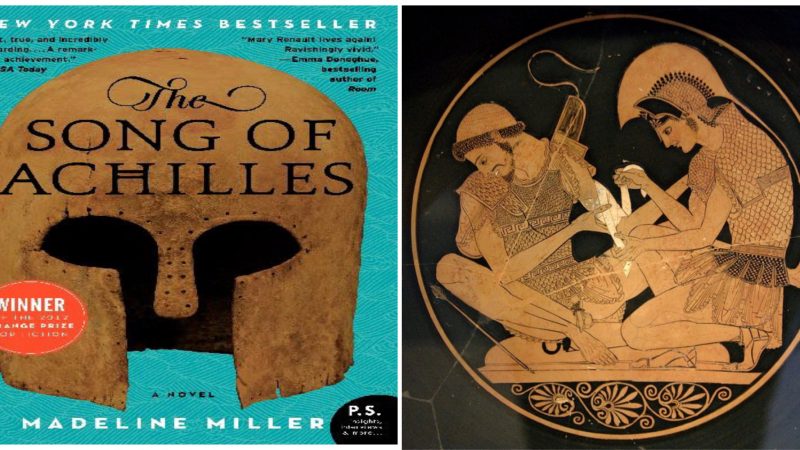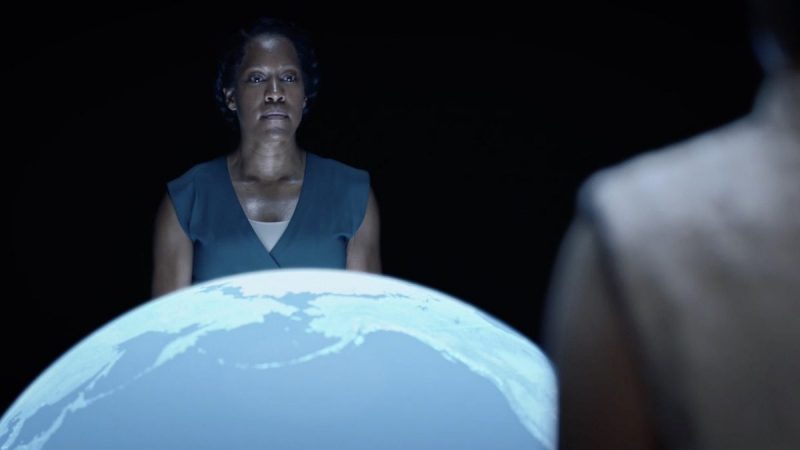Who Owns Spider-Man?

In light of the recent Sony-Marvel war over the rights to future Spider-Man movies, which has had fans of the humblest masked avenger in a (completely understandable) froth of rage, it behooves us to take a step back and ask a philosophical question: who owns “the Spider-Man?”
This isn’t just a question of law, or economics, or history, or even of art or culture. This is a philosophical question, possibly even a religious question. This is a question upon which we stake our very souls. So, needless to say, we’ll start by removing Hollywood from the equation.
In fact, we’ll remove Spider-Man from the equation altogether. To start, let’s talk about Hercules instead. No, sadly, I don’t mean Kevin Sorbo; I mean the mythological hero who was adored and sometimes venerated as a god in ancient Greek and Roman societies.
Hercules is relevant here not because his story is particularly similar to Spider-Man’s (Peter Parker is more of a Theseus, or even a Jason); rather, it’s because Hercules is the ancient hero you’re most likely to know about. He’s everywhere. Disney animation, classic 90s television, golden-age Hollywood blockbusters, approximately 40% of the Greek art you’ve ever seen in a textbook…you can’t wade two steps into American culture without tripping over Herc. And there are good reasons for that.
Hercules has two things that drive his ubiquity. Well, three things, but we’re not counting the catchy name, since it’s a Roman bastardization of the much cooler original, “Herakles,” which English speakers won’t use because we are a bunch of cowards. But the two things I’m talking about here are his emotional resonance, and his ubiquity in and of itself.
Hercules’ story hits all the major beats of the kind of narrative humans–especially those of us most influenced by early European cultures–love. If you’re the kind of nerd who cares about these things, you’ll know that I’m talking about “the Hero’s Journey,” famously outlined by Joseph Campbell in The Hero With a Thousand Faces. Basically, Campbell’s theory is that all heroic myths have the same roots, because we’re all interested in the same kinds of drama. Like, say, the loss of a father figure in a violent scenario for which the hero feels partially responsible. Or the endangerment of a hero’s beloved as a result of their own hubris. That sort of thing.
You can see how easily all of this maps onto the superhero genre, and this is something academics and pop culture critics have been commenting on for decades. We love these kinds of characters: melodramatic but human, larger-than-life but still flawed. If you’re a superhero fan, I don’t need to convince you of this.
But for Hercules, there’s a second factor: as I said, he’s everywhere. He’s ubiquitous now because he has been ubiquitous since ancient times, and as circular as that seems, it’s the best explanation. What I mean is that the image of Hercules multiplies. A guy writes a poem detailing the exploits of the hero and recites it in a public venue, a painter is inspired to go home and paint the story on a series of vases, another painter copies these vases because the story is in high demand, and another writer is inspired by a copy of a copy of these paintings and writes a play. Hundreds of people see the play, and some write it down. Ad infinitum.
Thus the popularity of Hercules is the result of a shared artistic tradition. But the popularity of Spider-Man, as you may have noticed, is the result of branding. That’s not to say that Spidey’s story isn’t compelling, that we don’t love it, that we don’t participate in it casually as Americans and seriously as fans. What I’m saying is, Spider-Man as we know him wouldn’t quite exist if it weren’t for the commodification of intellectual property.
Due to a cluster of unfortunate cultural circumstances, most readers have probably run across the phrase “intellectual property law” at some point. Basically, the idea is that a person who comes up with an idea owns the rights to the money that idea makes. It’s the artist’s version of a patent. In theory, it’s a great thing. It guarantees that ideas are difficult to steal and that artists are more likely to make money on their own work.
Of course, in practice, this is Late Capitalism. Intellectual property is complicated, but the Invisible Hand isn’t supposed to be. In practice, ideas that gain traction through the earnest efforts of countless people–such as the creation of a comic book, or the formation of a cultural icon–have to be traced back to someone. Otherwise, where do the dividends go? That’s why you’ve heard of Stan Lee, who wrote Spider-Man, but not of Steve Ditko, who designed the character. Combine this with the system of selling the film rights to stories, as pioneered early in the history of Hollywood, and you have a certified mess.
Two people write a story. Four more people help bring that story to life. Ten more people help to get it ready to print. Hundreds of people spread that printed story around, theorize about it, breathe further life into it. And one of those two writers, or maybe both of the writers if we’re generous, get the credit. The person who gets the credit can then sell the story to a movie studio for millions. The studio makes a movie, and owns a right to that movie, and all the products based on that movie, and everything inspired by that movie. And things get complicated. The writers own the written story. The studio owns everything else. The other creators have already moved onto another gig, because they have bills to pay. And the fans? Well, once the internet is invented, there’s consolation.
This is why Hercules matters to Spider-Man. If superheroes are the demigods of our time, then they belong to our culture, are fundamental to it. But under capitalism, that very fact is insidious. See, nobody has ever owned Hercules. If someone tried to–a tyrannical priest, say, or an artist of inflated ego–their efforts simply wouldn’t stick. You couldn’t keep Hercules to yourself, because Hercules was an idea, not an object.
Same with Spider-Man–or, at least, it should be. But somebody has to own the movie rights, and somebody has to own the comic book rights. And that means the rest of us simply don’t. That means economic prerogative has turned an idea into an object that can be kept under lock and key.
Of course, there is plenty of resistance to this idea. There is fan art and fanfiction and parody and cultural commentary. And most stories go into the public domain after a certain stretch of time, though that time is getting longer and longer and the power of major corporations (cough, Disney, cough, Mickey Mouse) to expand that time is growing greater and greater. But we all know where power lies in these cases, and it’s not with creators of fan works.
I know artists and intellectuals need to make a living, and that therefore we need the concept of intellectual property. Thing is, that’s a symptom of a much greater disease, a sort of cultural anemia that comes of applying a sense of ownership to every object, creature, category, and concept. Forget the “starving artist.” We’re all starving, because we depend on monoliths like Sony and Disney for our spiritual nourishment.
Who owns Spider-Man? Well, Sony does. But in an ideal world? Nobody would own Spidey, and therefore, everyone would. He would be like Hercules: there for us to admire, to criticize, to laugh at, and to weep for, in whatever ways seemed best to us. Of course, this is easily dismissable as a socialist, even Utopian ideal. I’ll admit there’s some truth to that. We all try to survive in the world we’re born into.
Still, corporate America might as well take note: with great power comes great culpability.






